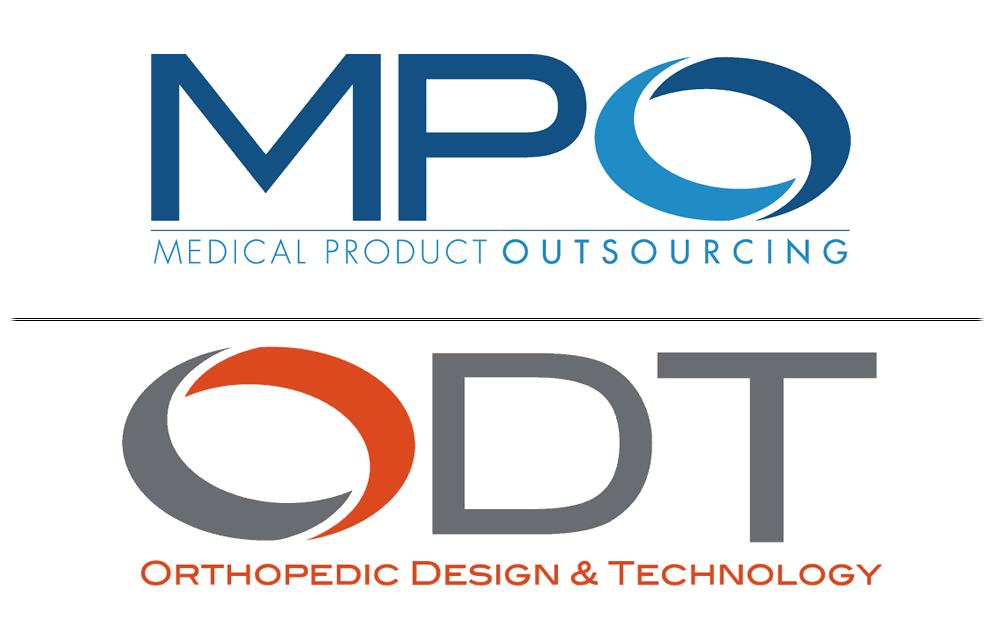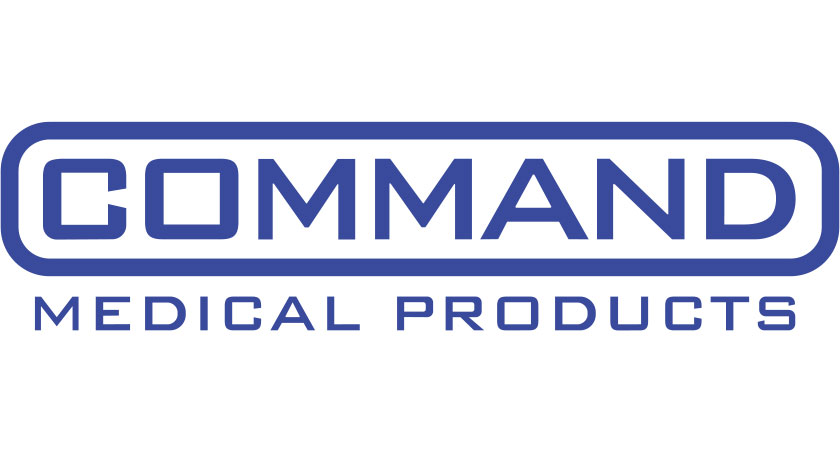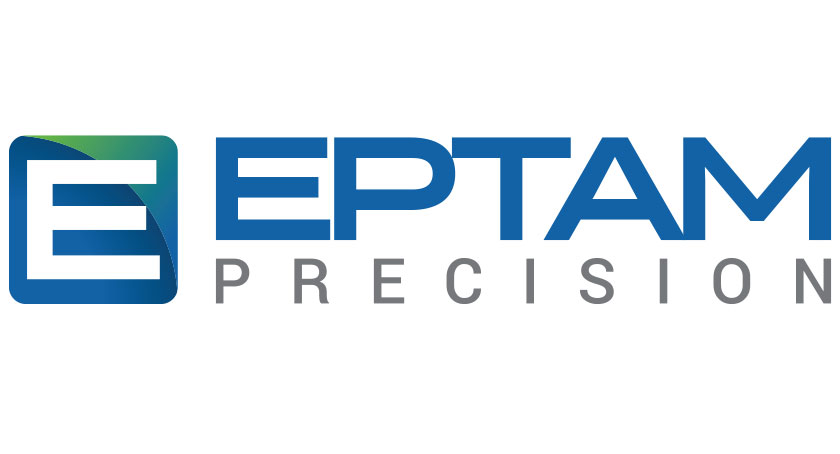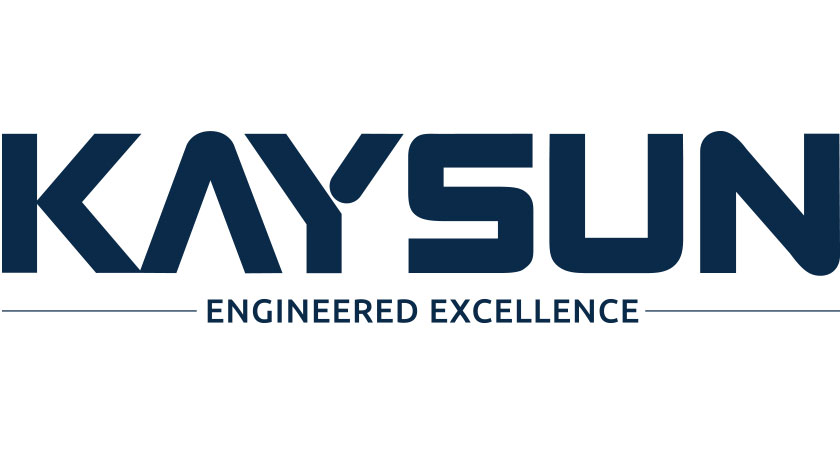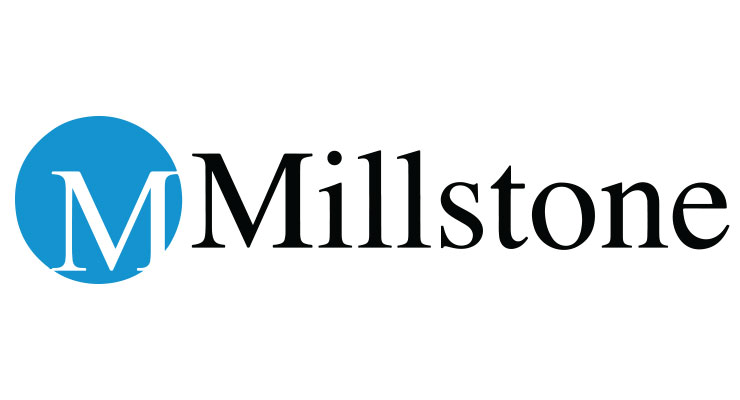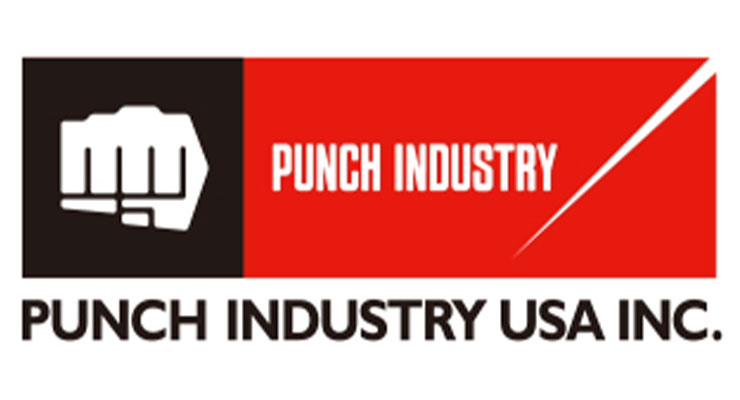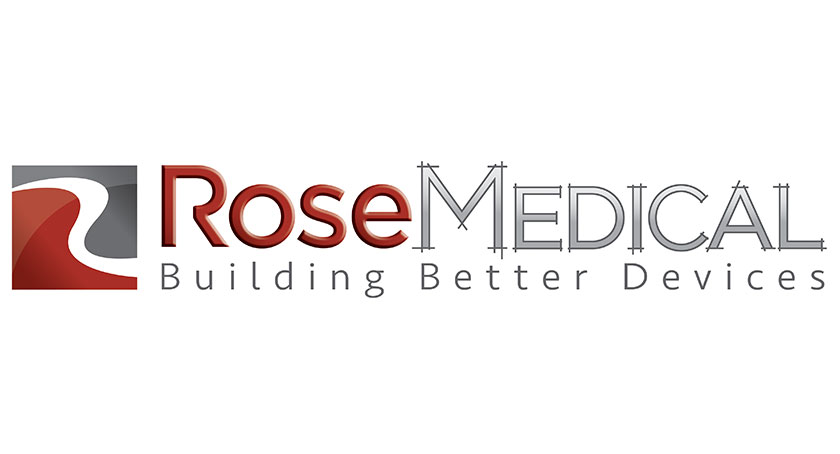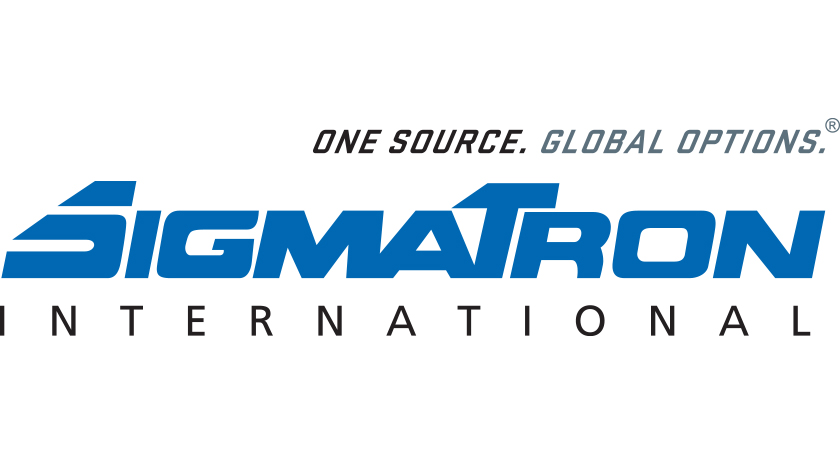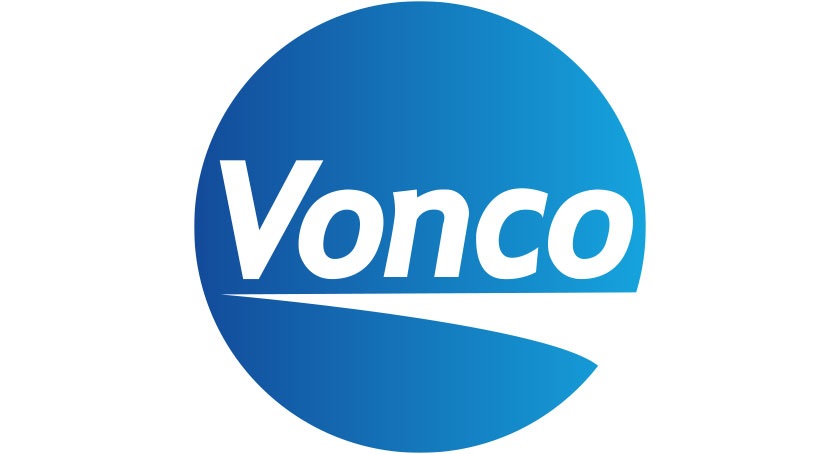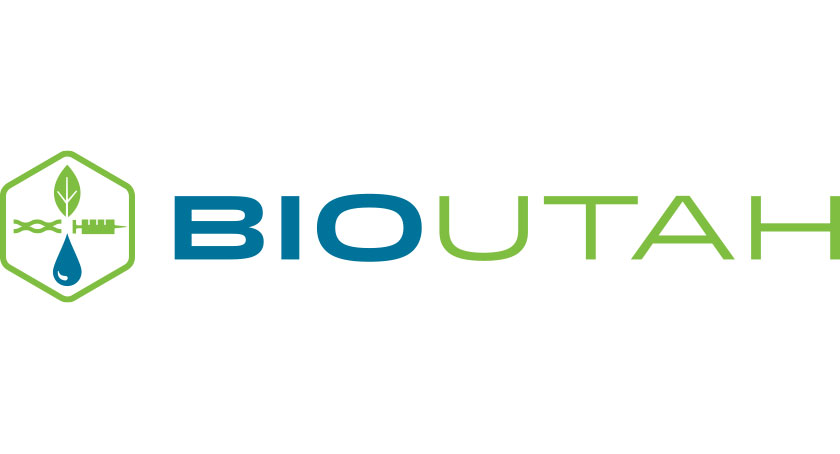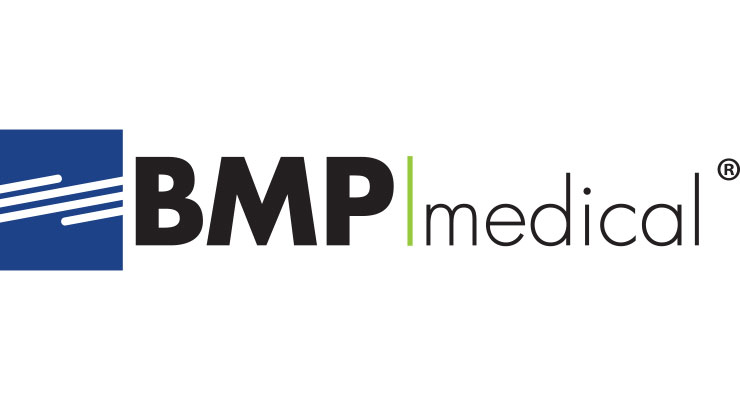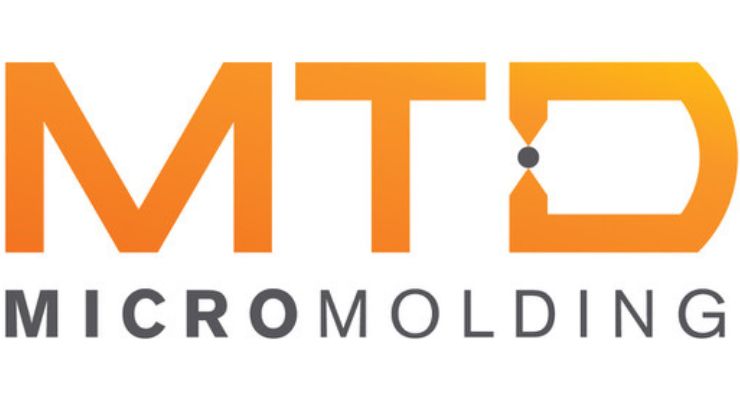AGENDA Information of Event Schedule
Focusing on the design and manufacture of medical devices alongside factors affecting that industry (e.g., regulatory, M&A, quality, legislative), coupled with a keen awareness of challenges associated with the space, the MPO Summit presents a comprehensive agenda that targets many of today's most important issues impacting stakeholders.
8:45-9:00 a.m.
Welcome to Salt Lake City
9:00-9:45 a.m.
State of the Industry
With an emphasis on M&A activity within the industry among OEMs and the supporting supply chain, this session will highlight the current state of affairs within the medical device manufacturing sector. Key data points and trends will be featured in this opening session, enabling predictions for future activity within the industry.
9:45-10:30 a.m.
Session 3
Description to come
11:15 a.m.-12:15 p.m.
Session 4
Description to come
1:45-2:30 p.m.
Session 5
Description to come
2:30-3:15 p.m.
Session 6
Description to come
4:00-5:00 p.m.
Session 7
Description to come
5:15-7:00 p.m.
9:00-9:45 a.m.
Session 8
Description to come
9:45-10:30 a.m
Session 9
Description to come
11:15 a.m.-12:15 p.m.
Session 10
Description to come
12:15
End of Conference
